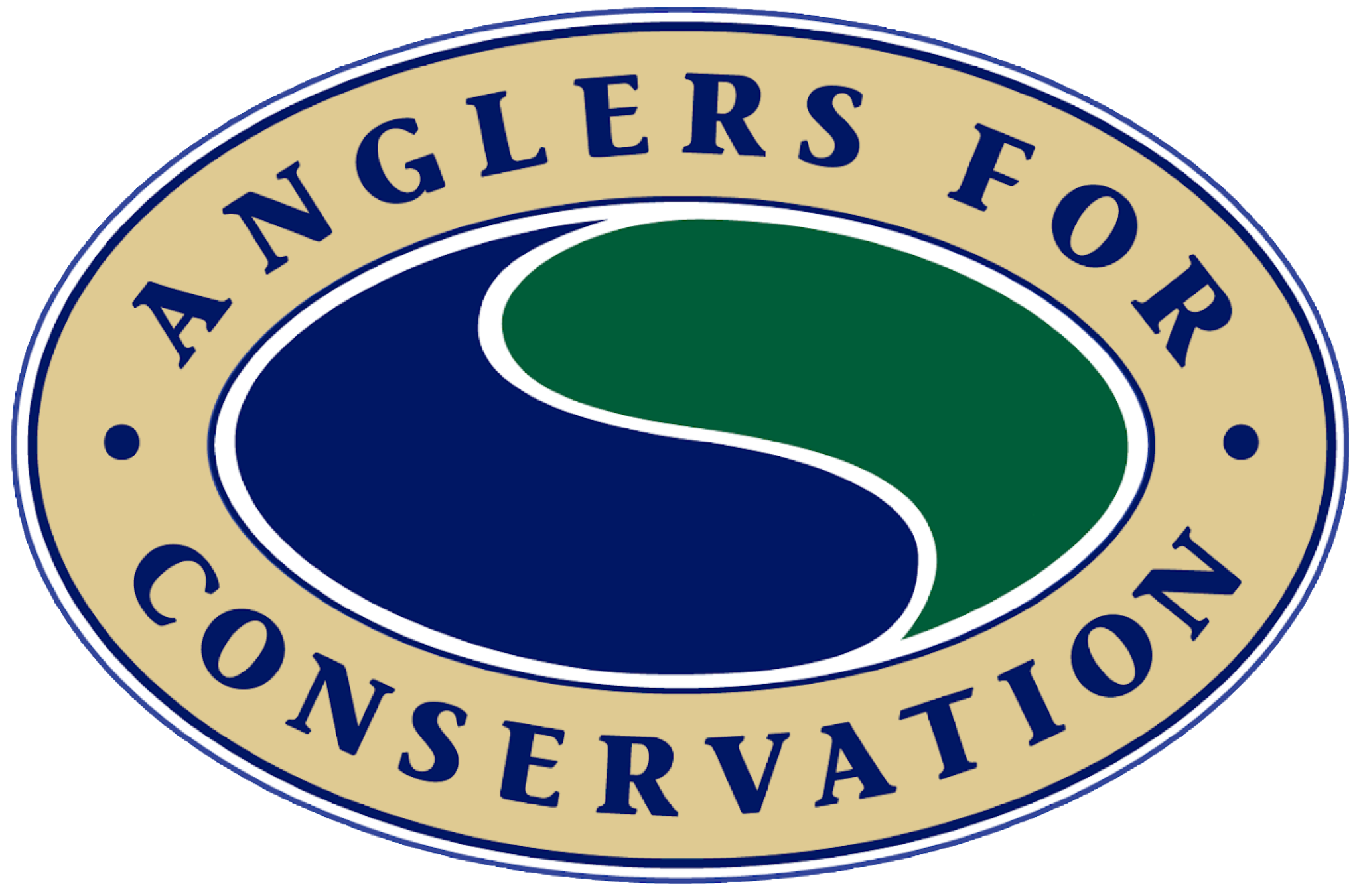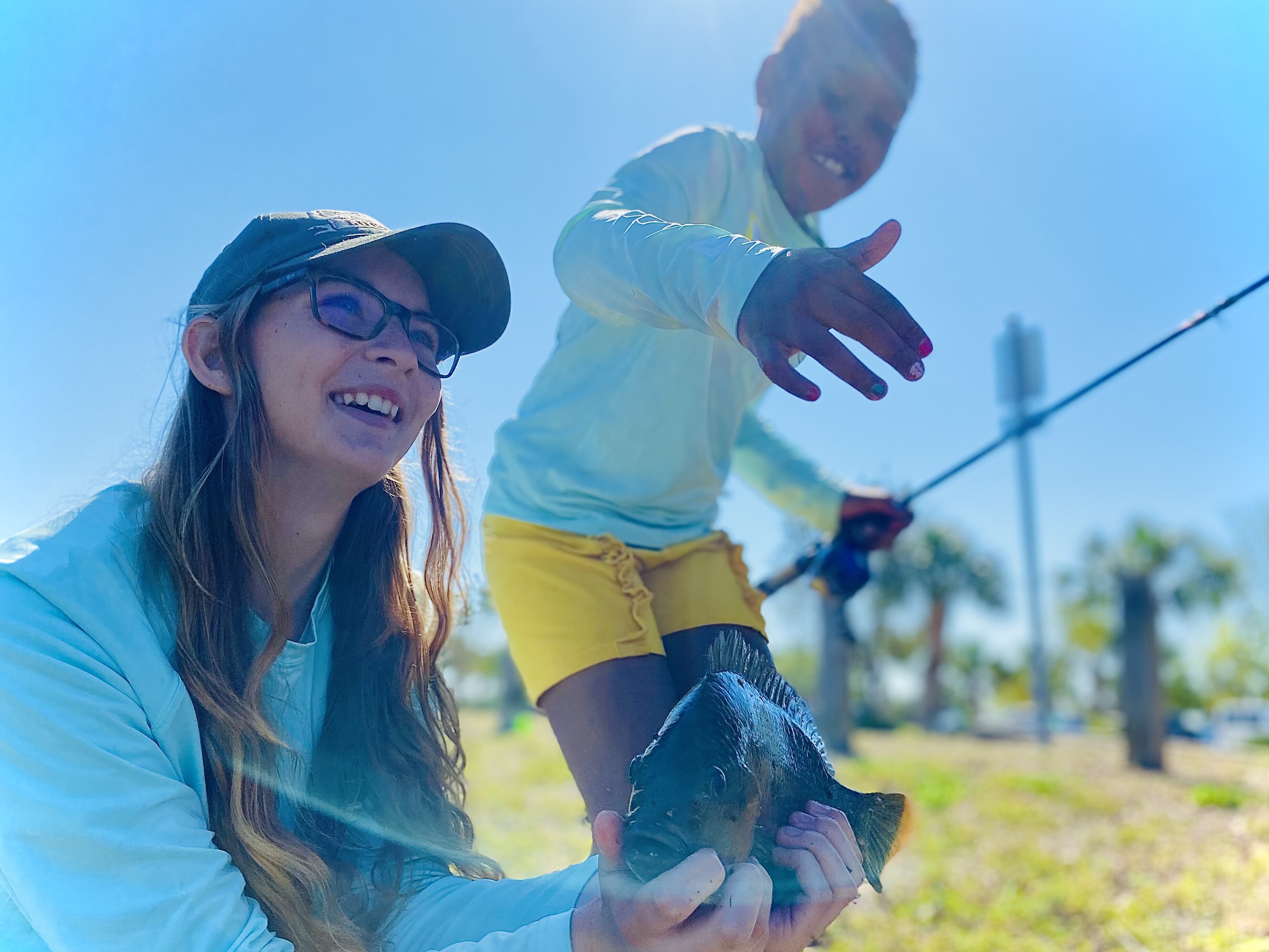As kids there was an undeveloped lake we once fished freely until its waterfront lots were cleared and developed. Later on we’d sneak along the edges of a posted private neighborhood (now a golf course) lake to fish for bass. Rarely would any of us get caught, but many a time we were chased away by its caretakers. We paid little mind to their rules.
Later in life, because smoker kingfish, cobia, and other impressive pelagics roam these waters, we’d do our best to get our live baits as far into the closed areas north of Port Canaveral (Editor’s note: These were security measures adopted after 9/11 that have since been dropped.) anytime we trolled pass the area. Whenever Port security showed up, we made sure we stayed clear. We pushed the limits.
However, when it came to obeying seasons, size and slot limits, we’ve never came home with an illegal fish or out-of-season catch. I guess my point is two-folded. One it’s difficult to draw-the-line when it comes to giving up access to our waters. And two, poaching gamefish is taboo.
Following rules has always been a bit of a curse for some anglers. But the benefits to properly managing our fisheries can often be so obviously clear at times that we should stand up in support of them.
Take for instance, the NOAA Fisheries newly proposed regulations that are aimed at reducing unwanted mortality of bluefin on surface longlines or NOAA’s effort to limit harvesting sea bass using pot gear (traps with ropes and buoys). This is a precautionary measure to prevent harmful interactions between black sea bass pot gear and whales listed under the Endangered Species Act during large whale migrations and the right whale calving season off the southeastern U.S. coast.

